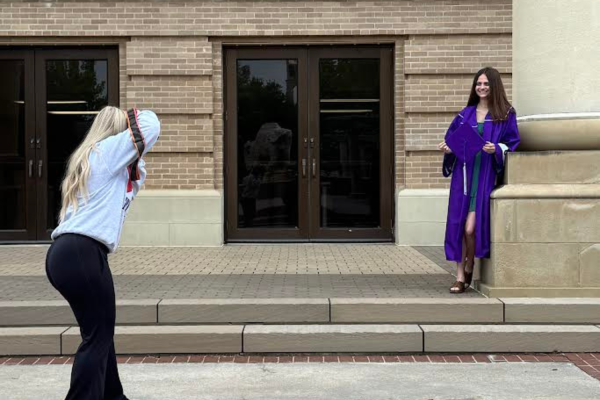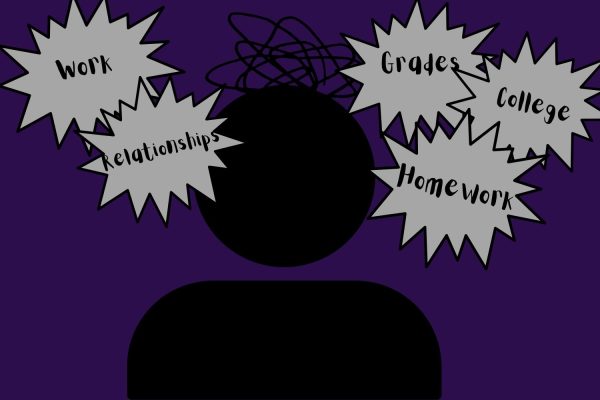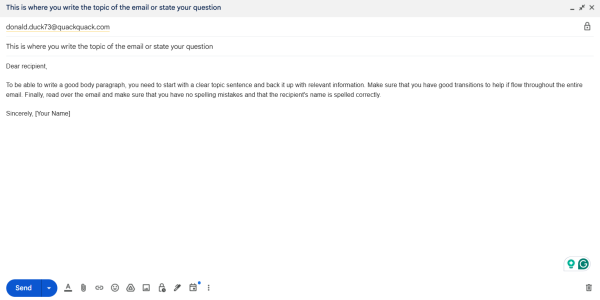#BringBackOurGirls spreads awareness, calls for change
An inky night surrounds a boarding school in northern Nigeria. Engines rumble as trucks edge toward the school. The sound of gunshots shatters the stillness of the night, followed by shrill screams of young women pulled from their beds and their education into a nightmare.
Members of Boko Haram abducted 276 female Nigerian students aged 12 to 17 years old April 14. Boko Haram is an extremist group that denounces secular education and the prevalence of Western influence within the country. After the abduction, the leader of Boko Haram threatened in a video to sell the kidnapped girls in the market, and released a video May 12 discussing the potential trade of the students for Nigerian prisoners.
The right to pursue an education is a right that all individuals possess, regardless of gender or location. The abducted young women’s only alleged crime is this: they are women seeking knowledge.
The search for understanding and knowledge plays a crucial role in the pursuit of happiness. Although the kidnappings occurred in a remote corner of northern Africa, the voices of the young girls deserve to be heard over the distance. Two hundred and seventy-six school girls should not suffer simply because they seek an education. Rather than cruelty, these women deserve happiness and the chance to follow their passions.
Boko Haram’s crime extends far past the abduction of the 276 girls. The young women were paving the way for other women around the world to pursue an education by attending school. Now, not only are those 276 girls unable to attend school, but countless other women may abandon their aspirations to receive an education out of fear.
At the beginning of May, “#BringBackOurGirls” exploded across social media platforms from Twitter to Instagram, spreading awareness of the kidnappings and imploring government officials to take action to retrieve the girls. Media coverage of the kidnappings on various platforms skyrocketed, educating those unplugged from social media. Through the numerous tweets and posts crying out against the kidnappings, many people who would have otherwise been ignorant to inequality in other areas of the world were informed and moved to speak out against oppression as well. Awareness of the kidnappings alone can ignite change both on an individual and a global scale.
Many people may believe that the Twitter campaign “#BringBackOurGirls” will do little to help rescue the girls from Boko Haram. However, expressing opposition to oppression allows world leaders to prioritize the safety of individuals who may otherwise be unnoticed or ignored. Social media acts as a megaphone to project the voices of those who dare to speak out. Although the Twitter campaign will not directly swoop in and save the young women, education and awareness are the first steps to protecting the rights of the silenced.
Students in America, and in other Western countries of the world, must take the time to appreciate their privilege to attend school regardless of gender or social standing. Overall, students in Western schools are valued based on their commitment to education, not on characteristics they cannot control, such as gender.
The Twitter campaign urges government leaders to find ways to bring the Nigerian girls back. I urge them to bring those girls, and all other women who seek refuge, forward to a place where they can realize their worth, better themselves and no longer live in fear because of their gender.
Tag us @EaglesTaleEds on Twitter or Instagram with your own photo and sign.

My name is Cortlyn Dees and this year I am Co-Editor-In-Chief of The Eagle’s Tale, alongside Kori Adair. I am a senior, and this is my second year as a varsity cheerleader. I am a member of National Honor Society, American Sign Language Honors Society,...









Sadie • Jul 31, 2014 at 1:37 am
I just want to say that I disagree with this piece. I think that this specific hashtag does nothing for the cause. You talked about spreading awareness about education and equality, which I think are very important issues that need to be addressed, but this hashtag campaign does not address them. “#BringBackOurGirls” says nothing about equality or education. All it is about is bringing back the kidnapped girls, which again I think is very important. This hashtag also did not do its purpose in spreading awareness about the kidnapping because very few people actually knew what it was about. This hashtag campaign does not discuss the complicated issues surrounding the kidnapping and does not give people any more information on what happened. All these hashtag campaigns do is spread the hashtag, but nothing more. People do not go and research more about the issue and it does not move people to action. Sitting behind a screen and spreading a hashtag does actually nothing. People cannot say they helped the cause or did something, because they didn’t. They sat behind a screen and typed a few words. That does not go and bring back the girls. I also do not think this campaign actually motivates leaders to find ways to help. Most leaders already know it is a big issue and the hashtag doesn’t do anything to urge them more. I think these issues you brought up in your article are very important and more people need to be involved with helping, but spreading a hashtag does not do that.
Brighton McMinn • May 14, 2014 at 10:47 am
Although what has happened to these girls is horrendous, and please don’t think of me as a heartless soul, but his campaign is absolutely part of the current president’s political advancement agenda. Where was the #BringBackOurAmericans campaign during the September 11, 2012 terrorist attacks in Benghazi, Libya? 4 Americans died under siege, in cold blood, and then President Obama had the audacity to blame the attacks on an “offensive video to Muslims.” The President promised over a year ago that the people responsible for these attacks would be brought to justice and as of today, the President is opposed to a house committee whose sole responsibility is to investigate the events of that fateful evening, so that the terrorist responsible can be brought to justice. The only reason the Obama’s are supporting this movement is because it’s an election year. Its the election that decides if Obama becomes lame duck during his (thankfully) last two years in office. A politician’s first priority is to get elected. His second priority is to get reelected. His 3rd, is to get his friends elected.
Kori Adair • May 15, 2014 at 8:53 am
My article discusses education and equality for women, not the Obama administration or political partisanship. The #BringBackOurGirls campaign existed before Michelle Obama joined the movement. It cannot be denied that, regardless of what you personally believe her motives were behind supporting the campaign, her involvement brought a very important issue to the attention of the media. Besides, a single person’s suspected ulterior motives for participation in a human rights movement should not denounce the credibility of the campaign as a whole. The Benghazi attacks occurred a year and a half ago, while the Nigerian kidnappings are happening in real time. While I believe the public has the right to a full understanding of the Benghazi attacks, I do not believe that we must ignore every other issue that may arise until we have an answer. The lives of 276 young women are in danger in this very moment, but those lives can be saved if world leaders are prompted to save them. Why do you expect Americans to care about human life only when other Americans are involved? The #BringBackOurGirls campaign is an international movement to demonstrate that humanity stands together as a global community. This is not an issue of left- versus right-wing American politics. It is an issue of freedom and equality. A lack of compassion on the part of Americans will only put these girls, and other girls across the world, in more danger.